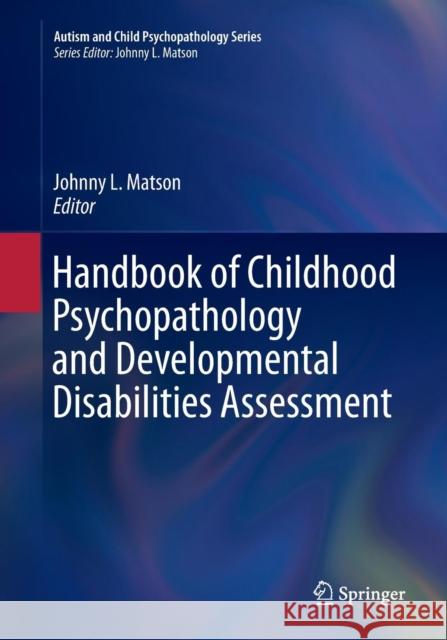Handbook of Childhood Psychopathology and Developmental Disabilities Assessment » książka
topmenu
Handbook of Childhood Psychopathology and Developmental Disabilities Assessment
ISBN-13: 9783030066802 / Angielski / Miękka / 2018 / 504 str.
Kategorie:
Kategorie BISAC:
Wydawca:
Springer
Seria wydawnicza:
Język:
Angielski
ISBN-13:
9783030066802
Rok wydania:
2018
Wydanie:
Softcover Repri
Numer serii:
000418821
Ilość stron:
504
Waga:
0.88 kg
Wymiary:
25.4 x 17.78 x 2.64
Oprawa:
Miękka
Wolumenów:
01
Dodatkowe informacje:
Wydanie ilustrowane











